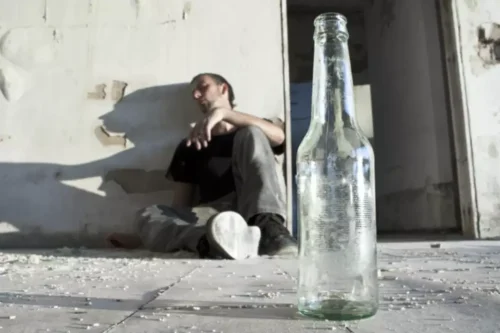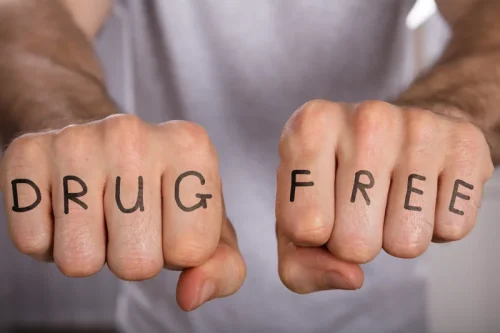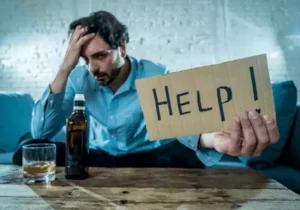
It’s important to recognize that Alcoholics Anonymous does work for some people—and there’s nothing wrong with choosing that path if it’s a good fit. While the program’s anonymous nature makes success rates hard to track, an independent 2020 study confirmed that AA getting sober without aa is genuinely effective in plenty of cases.1 It has a loyal following, and for good reason. If you want to stop drinking, Alcoholics Anonymous can help you, too. Loving and encouraging family and friends can definitely help support your journey to become sober.

Moderation Management Support Groups
And as if that weren’t enough, the stigma around methadone was reinforced regularly. Others may have increased marital or relationship problems that are heading toward divorce or breakups. Maybe your work life has suffered, and your boss is tired of you calling in sick or coming in late. Perhaps your school performance has declined and you’re in danger of failing or you’ve been missing so many classes because you’ve been hungover that you can’t catch up. Knowing relapse signs can help you recognize your risk of relapse, and they may include a return to addictive thinking patterns and compulsive behaviors.
Can I combine AA with alternative approaches?
- That’s likely millions of people — and might very well include you.
- In some cases, there may be medication that can help with a drug or alcohol problem.
- I fought off the temptation to indulge in dope for a couple of years.
- The other clients made me feel accepted and “a part of their tribe.” I will always look fondly at my time here.
Achieving sobriety without AA is entirely possible, and these eight strategies can guide you on your journey. Of course, quitting or cutting back to your ideal amount is only the first step. Many people struggle with alcohol cravings for months or even years after quitting, and there are many https://ecosoberhouse.com/ pitfalls to overcome, including post-acute withdrawal syndrome. Ultimately, finding some kind of support group or coaching program can make it much easier, and much less stressful, to stay sober long-term. AA has more than 2 million members worldwide in over 100,000 locally supported groups.
Seeking Professional Help and Support
No matter what your sobriety journey looks like, a supportive community can be crucial to sticking with it. It can help to have a trusted confidant or two with whom you can share your struggles, successes, and revelations. When you drink alcohol, your brain releases endorphins, which are the body’s natural “feel-good” chemicals.

While ramping up my therapy sessions, I started to gamify how long I could go without shooting drugs. I’d get high once in a while when I had to cop for friends driving down to NYC from upstate. As recovery became my focus, I eventually introduced these guys to my connections.


Sitting in a room listening to sad stories, or reading a book from the 1940s, wasn’t part of my self-directed recovery and took away from my purpose in life. The traditional modalities didn’t represent that blueprint, so I moved on. What’s key to know is that there are nearly as many pathways to recover as there are people. In that respect a good summary is provided by Choices in Recovery, who educate professionals and the public about the many pathways available and empowering them to choose the pathway that works for them. Recover from addiction at home with medication, community, and support—from the nonjudmental experts who really care.
- Remember, your path to sobriety is unique, and finding what works best for you is essential.
- Support can also look like joining in-person and online support groups.
- In the absence of alcohol, developing healthy coping mechanisms is essential for effectively managing stress and emotions.
- Researchers stated that mindfulness techniques for addiction usually target addictive behaviors like cravings, and teach you how to apply these techniques in everyday life.
However, newer perspectives on treatment now accept moderation, or cutting back, as an acceptable answer to problem drinking. Fortunately, if AA doesn’t work for you, there are other choices. Different support groups exist to help you quit drinking without AA, some with a more secular approach. Not everyone comes from an encouraging and supportive home environment. If your family and or friends aren’t motivating you to seek help for your substance misuse, make an appointment with a medical or addiction treatment professional. These individuals can direct you toward the resources you need for recovery, including the needed services and diagnosis of substance use and any co-occurring mental health disorders.
